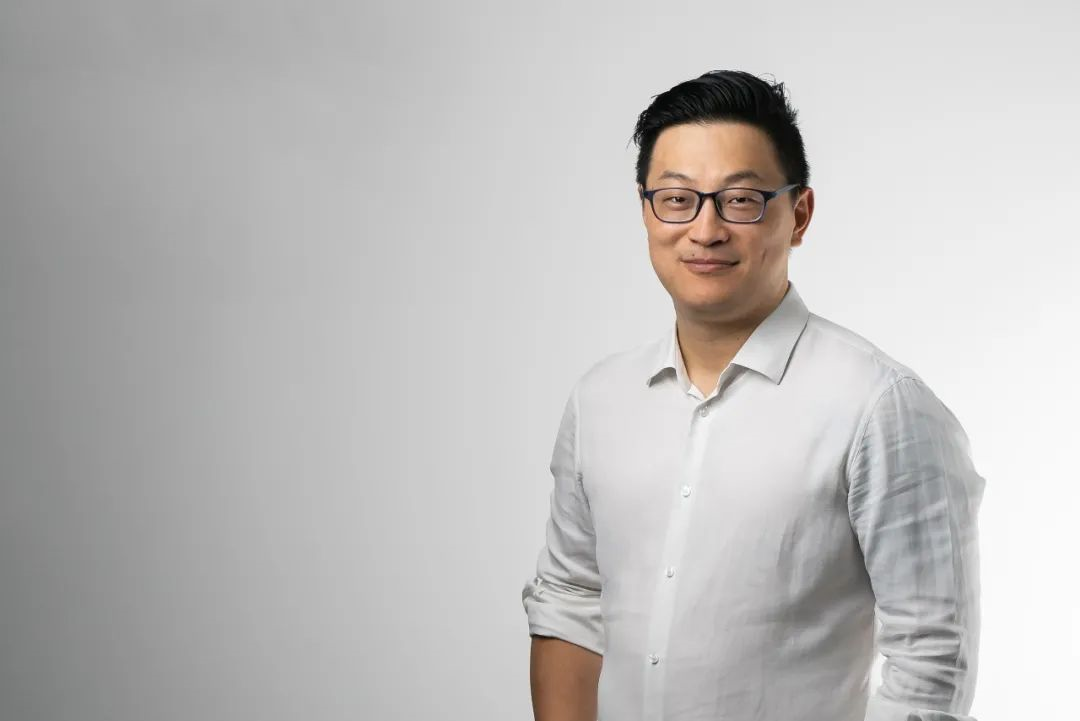Only when the bright moon is always there, can we see the clouds open.
GeekCar and Wang Chao, the CEO of Kaiyun Motors, have been old friends. Looking back, “the manual king dad” is still the first impression left by Brother Chao in our hearts. The love and dedication to cars is the key factor that drives us to gather together every time. What is different this time is that our half-hour chat with Wang Chao is not about the new motorcycle that Brother Chao just bought, but about a topic that has recently been widely discussed in the automotive industry.

On July 26, Deng Yuanjun, the former Nokia Growth Partners managing partner, became the new partner and CVO of Kaiyun Motors. On July 27, it was exposed that the co-founders of Xiaomi Group, Liu De and Huang Jiangji, served as directors of Kaiyun Motors. Earlier in March this year, Zhao Caixia, the former Vice President of Xiaomi’s ecological chain, joined Kaiyun Motors and currently serves as COO.
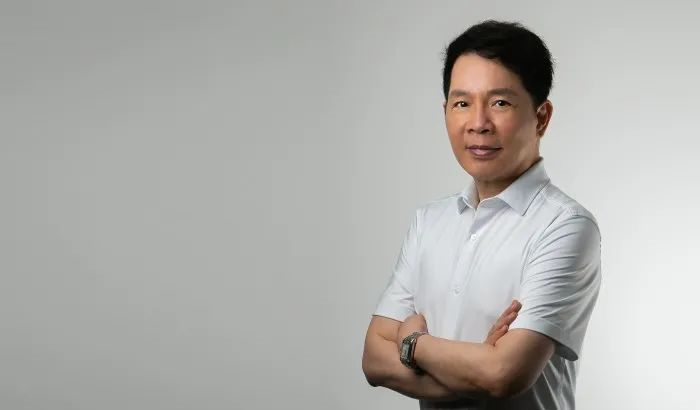
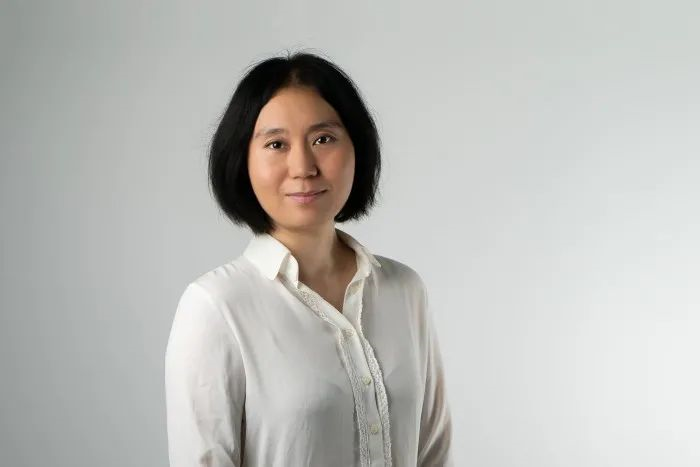
The joining of these industry elites has brought a lot of attention to Kaiyun Motors, and there are divergent opinions about where Kaiyun will go next. This meeting with Brother Chao is also to find answers to the two key questions in our hearts:
-
Does the joining of Xiaomi executives represent a cooperation between Kaiyun Motors and Xiaomi?
-
What exactly does Kaiyun Motors want to do?
Faced with the first question, Wang Chao gave a negative answer with a smile, saying that there is no direct relationship between Kaiyun Motors, Xiaomi, and Xiaomi Automotive, but Kaiyun is indeed using the “Xiaomi model” to develop commercial vehicles.
As for what Kaiyun Motors will do next, Wang Chao said: “If all we do next is to manufacture cars, then these industry elites have no reason to join us.”
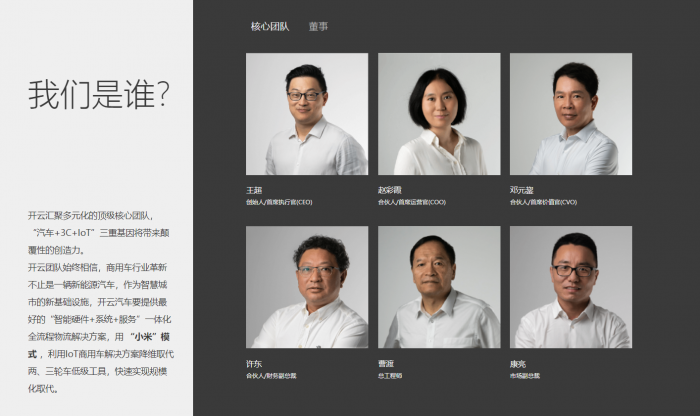 The “Xiaomi” model will be used for intelligent commercial vehicles by Keiyun, providing products that are more competitive than traditional commercial vehicles in the market by adding IoT functions that traditional brands do not have, while meeting the basic hardware functions of traditional brands. This is a summary of Keiyun’s upcoming work. For most people, Keiyun’s traffic today is brought by executives, but as Wang Chao’s old friend, we want everyone to know what Wang Chao has been doing for Keiyun Automotive over the years, after all, he is the helmsman of Keiyun Automotive. The past has been a silent contribution; today’s traffic; and the future plan, all are directly related to him.
The “Xiaomi” model will be used for intelligent commercial vehicles by Keiyun, providing products that are more competitive than traditional commercial vehicles in the market by adding IoT functions that traditional brands do not have, while meeting the basic hardware functions of traditional brands. This is a summary of Keiyun’s upcoming work. For most people, Keiyun’s traffic today is brought by executives, but as Wang Chao’s old friend, we want everyone to know what Wang Chao has been doing for Keiyun Automotive over the years, after all, he is the helmsman of Keiyun Automotive. The past has been a silent contribution; today’s traffic; and the future plan, all are directly related to him.
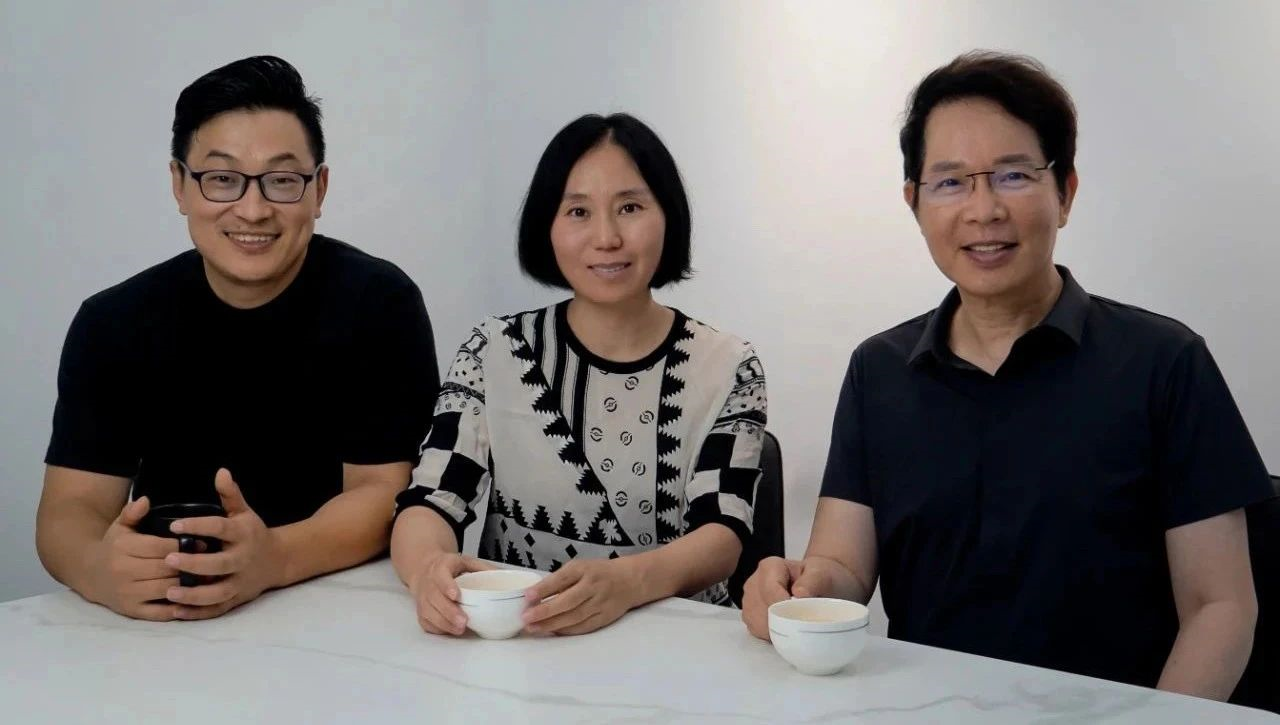
The Race Against Time for New Car Production, and Wang Chao’s Friendly Approach to Time
If I had to give Wang Chao a title, it would definitely be “the most relaxed CEO of a car company in history.” Many people joke about Wang Chao, saying that although he is in the industry, there are no legends about him in the industry. Keiyun was established in 2014, which was the first year of China’s new car manufacturing industry. XPeng and NIO were both established in 2014. Today, NIO and XPeng have become leading companies in the new car manufacturing industry, while Keiyun Automotive, which is in the same class as them, seems to have just begun to show some growth.
Wang Chao stated in an early interview that the future passenger car market will face a very serious “internal simmering,” so since the inception of Keiyun Automotive, Wang Chao has been committed to exploring the commercial vehicle market. Passenger cars are experience-driven products, while commercial vehicles are efficiency-driven products. The logic of building commercial vehicles is simpler than that of passenger cars. Good experience is the result of multidimensional orientation, while efficiency is a single dimension. Therefore, entering the commercial vehicle field seems to be a “lying flat” decision.

After a deep understanding of what Wang Chao has done in the past, it will be found that Keiyun Automotive is not actually a “relaxed car company.” “Subversion” is the keyword that Wang Chao has always mentioned in our review of the development of China’s new car manufacturing industry. We call new car manufacturing companies “Internet car companies” because they have disruptively introduced the Internet model into the automobile industry. In traditional logic, a car company is a company that produces car products, while the business covered by Internet car companies is not only car manufacturing, but also services and communities, creating greater value centered on users.
The reason why Keiyun is being discussed together with other new car manufacturing companies is that they all have disruptive attributes. For Keiyun, what needs to be disrupted is transportation (transportation tools), thereby improving efficiency.During the early stages of entrepreneurship, Wang Chao planned a “rural surrounding the city” development direction, starting from the rural market and gradually expanding to the commercial vehicle business in the city. In the rural market, Kandi Technologies achieved upgraded transport capacity by upgrading products, using low-speed electric trucks instead of agricultural tricycles.
Kandi’s first product, the PICKMAN, began offline production in June 2016. With a range of 120 kilometers, a top speed of 45 km/h, and support for household slow charging, the PICKMAN was designed with rural consumers in mind. Most importantly, it was priced at only RMB 28,800 and had legal road qualifications.
However, the market feedback for the early PICKMAN was not good, and Wang Chao also considered moving from the rural area to the county seat. China’s unique “village-county economic entity” is composed of county towns and several villages around them. Rooting in the county seat is better than rooting in the countryside because the county seat is the flow carrier of the entire economic entity. Once the brand is established in the county seat, the surrounding villages and towns can also be won over.
After some attempts, Kandi’s electric truck still had a mixed response in the grassroots market. Wang Chao concluded that the pain point of rural transport in China was unclear. The advantage of Kandi’s electric truck lies in having a safety factor that surpasses the standard for agricultural tools, and one extra wheel than the ordinary tricycle. Although rural consumers bear the risk of vehicle safety when using ordinary electric tricycles, compared with the price of Kandi’s electric truck, the safety issue of ordinary tricycles is only a “itch point” rather than a “pain point.”
Later on, Kandi began to expand its overseas business. While its products faced setbacks in the domestic market, they were well received in overseas markets, enabling Kandi to achieve sustained profitability.
During my communication with Wang Chao, I clearly felt that money was never his top priority. While exporting to overseas markets enabled Kandi to achieve profitability, Wang Chao wanted more. Although every step he took was down-to-earth, and he used the most “grassroots” approach to impact his automotive dreams, he still could not achieve significant efficiency breakthroughs in the commercial vehicle field. Wang Chao, a designer by profession, may have never changed his pursuit of “changing the world” from the bottom of his heart.# 2017, 2018 and 2019 were the crucial moments for China’s new car manufacturers to race against time and launch their first products, while Wang Chao and Kaiyun gradually faded from the public eye. The fact that PICKMAN’s development was hindered in the rural market in China prompted a reconsideration of the product and strategy. Is there a more explicit pain point in the commercial vehicle market? When should they enter the city? Should they wait for an opportunity or create one? Only by thinking through these questions, Kaiyun has the possibility to go further and change the world.
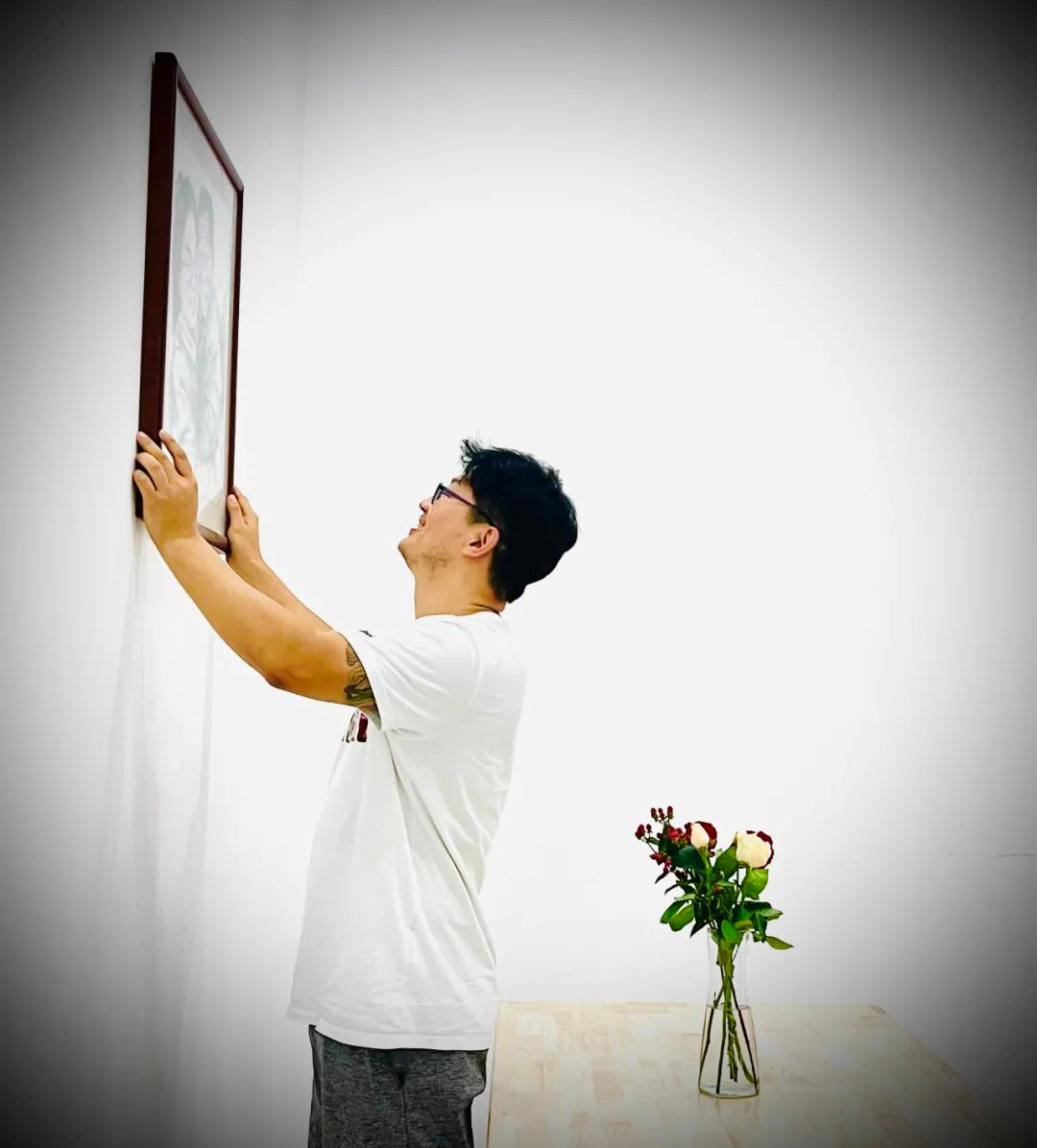
Wang Chao, who stands at the “edge of the stage”, understands clearly that Kaiyun is different from those new car manufacturers who are born to be in the center of the stage. The development model of “encircling the city from the countryside” is more like a counterattack, and Kaiyun needs an opportunity and time to move from the edge to the center. Wang Chao has also prepared himself to be forgotten by the world and to befriend time.
Only when the moon is always there can clouds disperse
When the most frustrating year of the 21st century, 2020, arrived, the arrival of the pandemic disrupted everyone’s normal life, but also brought many opportunities.
What chemical reactions occurred when online shopping met the epidemic? Data shows that after the stable development period since 2016, the express delivery industry has once again achieved an increase in growth rate of annual volume under the stimulation of the epidemic. Through the example of express delivery, we can directly feel the development of the entire delivery industry through data and also see the “unit efficiency” bottleneck behind the growth, especially in the takeaway industry that puts extreme demands on delivery time.
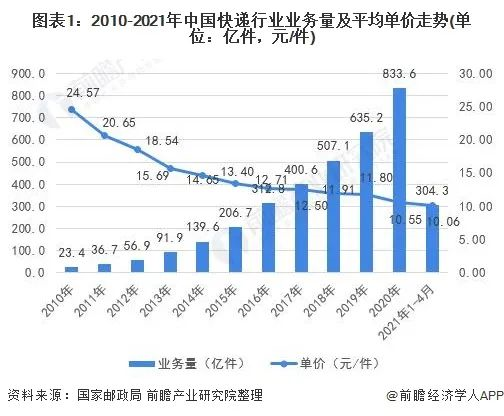
Last year, an article titled “Takeaway Riders Trapped in the System” went viral, revealing the exploitation of takeaway riders by the “strictest algorithm” under the pandemic. In response to this issue, the State Administration for Market Regulation, the Cyberspace Administration of China, and five other departments jointly issued the “Guiding Opinions on Implementing the Responsibility of Network Catering Platforms and Effectively Protecting the Rights and Interests of Takeaway Delivery Workers”, which stated that the “strictest algorithm” should not be used as an assessment requirement. The number of orders, on-time delivery rate, online rate and other assessment factors should be reasonably determined through “algorithmic median” and other methods, and the delivery time limit should be appropriately relaxed.
“Focusing on the most basic and popular markets, exploring opportunities for upgrading transportation tools in them” has always been Wang Chao’s philosophy at Kaiyun. Focusing on improving the efficiency of commercial vehicles is the consistent goal of the Kaiyun brand. As Wang Chao said, Kaiyun’s bright moon has always hung in the sky, we need to wait for the clouds to disperse, and wait for an opportunity to return to the center of the stage.”
At the beginning of 2020, Kaiyun accomplished a strategic transformation from rural to urban delivery industry, continuously deepening its strategic layout in the urban delivery field, and accelerating the construction of logistics infrastructure.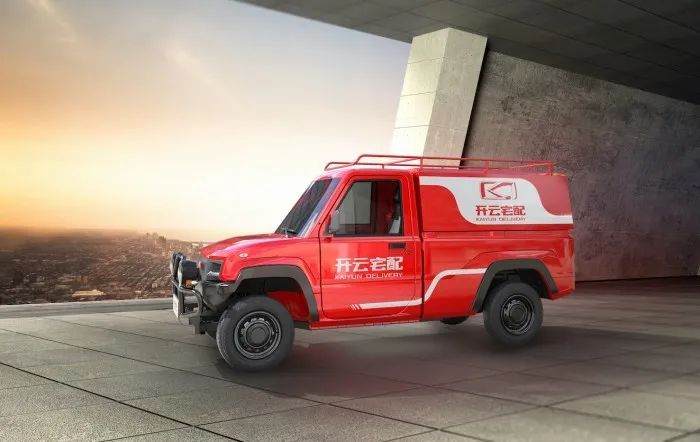
Recently, a statement made by XPeng Motors CEO He XPeng about the path of enterprise innovation deeply touched me. “What is innovation? Innovation is about the commercialization and scaling of differentiated inventions. Great innovations often make the world a better place from the bottom or from the structure. Scientific research is just one piece of the puzzle in innovation. It requires many pieces and a methodical way to put different pieces together, which can also be called entrepreneurship. The biggest problem with most scientific research is that they do not transform good scientific research into innovation through the process of entrepreneurship.”
The conclusion of making the world a better place from the bottom and from the structure is exactly the same as Wang Chao’s idea of innovating by exploring pain points from the grassroots market. The way to transform “innovation” into “entrepreneurship” is to clearly identify the pain points of the target industry.
What are the pain points in the delivery industry? In the entire delivery process, the front-end links such as ordering and picking have achieved high intelligence, but the process after the product is shipped is still very “traditional” or even “primitive.” There is huge room for improvement in the vehicles used by delivery personnel, especially in terms of efficiency, intelligence, and safety. In summary, technology and hardware are far behind the times.
As the saying goes, a good workman needs good tools. What Wang Chao wants to do now is to make more intelligent vehicles help delivery personnel at the grassroots level to break through the bottleneck of “unit efficiency” saturation. The above-mentioned social attention to grassroots delivery personnel is driving Wang Chao’s strong momentum forward.
Three questions from Xin Kaiyun: Why change? What has changed? What is the impact of the change?
To subvert the end distribution capacity of the delivery industry, Wang Chao needs to do more than just make cars, so he needs more like-minded people to join the game.
Zhao Caixia, Huang Jiangji, and Liu De, these three giants all have industrial backgrounds in IoT and supply chain during their time at Xiaomi. Wang Chao also frankly stated that the supply chain and IoT advantages of Xiaomi are the most needed for Xin Kaiyun. Facing the relationship with partners, Wang Chao also maintains a humble attitude. As he has always emphasized the “for my teacher” theory, making cars is his strength, but running a “world-changing enterprise,” he needs the guidance of multiple teachers.
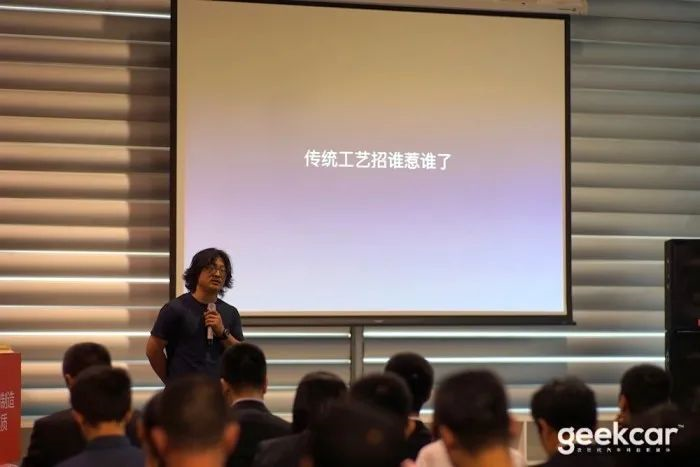
As for how to integrate advantages and achieve a “substitute-level” leap of the logistics infrastructure that Wang Chao mentioned? Let’s use Wang Chao’s thinking to ask him. Why change? What has changed? What is the impact of change? This thinking method was used by him when he faced the question of whether traditional manufacturing processes would be subverted in 2016, and it is just as appropriate now to ask questions about Xin Kaiyun.The Necessity of Change: It is evident that current terminal delivery is mainly dominated by human-operated logistics, as mentioned above. Although each deliveryman has a smartphone, delivery decisions are still made by humans, leading to a low efficiency bottleneck. In addition, their vehicles are outdated tricycles that have fallen far behind the times.
Each deliveryman not only completes his job but also participates in urban traffic. In recent years, traffic accidents involving courier personnel have become increasingly common. When an accident occurs, the only protection for them is the thin and unsafe tricycles. As C-end users, they are both beneficiaries and the most likely to be harmed. The situation where delivery trucks block traffic and take up lanes for motor vehicles is also common and happening around us all the time. Therefore, delivery vehicles themselves need to be subject to standardized management and restraint, and the responsibility for any accidents that occur should be quickly determined.
What Changes: What Kuayun wants to do in the delivery industry is to rewrite the rules of the game. When establishing Kuayun, Wang Chao also participated in designing the prototype of the first-generation Mobike. The problem Wang Chao faced during the design phase was to innovate the traditional product to match the usage scenarios of a completely new business model. Although bicycles are common, shared bicycles are different from traditional bicycles. They require equipped GPS-enabled smart locks, non-inflatable tires, and a highly durable transmission system, among other configurations. The technological innovation behind shared bicycles is a key factor for the “sharing model” to work. Kuayun’s goal is to establish entirely new rules in the delivery field, and this is more complicated than simply changing from a tricycle to a four-wheeler.
Kuayun’s products combine vehicles, 3C (computers, communication, and consumer electronics), and IoT (Internet of Things). The company also provides a comprehensive system of intelligent hardware, systems, and services. By utilizing the advantages of the Internet of Things in delivery terminals, delivery trucks will have the ability to upload and download data in real-time. Currently, communication between delivery personnel and customers is limited. Essentially, the only interaction occurs through one phone call when their package is delivered to the customer’s doorstep. Enhancing the data communication between both parties is a key factor in helping deliverymen to arrange their deliveries more effectively and to improve efficiency.
Kuayun’s products not only monitor the deliveryman’s progress, allowing customers to track the delivery progress and delivery quality in real-time, but also supervise the goods being transported inside the vehicle. Different goods require specific transportation environments. For example, fresh groceries need to be kept cool, and glass goods should avoid collision issues. These issues can effectively be resolved by Kuayun’s products.
Finally, Kuayun’s products will undoubtedly surpass traditional tricycles in terms of safety performance. Wang Chao stated that the next-generation product will be equipped with the latest electronic architecture, enabling delivery trucks to achieve advanced driver-assistance functions, which is undoubtedly beneficial for couriers.Impact of the Change: The rapid development of e-commerce platforms has led the Chinese courier industry to lead the world, but everyone is still in the most primitive stage in terms of terminal delivery. Wang Chao hopes that Open Cloud’s IoT-based terminal delivery system can give the entire delivery industry a “new answer”. In addition, Wang Chao also stated that whether the goods can be delivered on time is the only standard for us to evaluate the quality of express delivery services. Usually, we only consider express delivery as a business, not a service. However, the excessive reliance of C-end consumers on online shopping will eventually make them have higher requirements for the delivery quality of express delivery.
For example, when buying a frozen steak online, it may be frozen when the delivery person hands it over to the user. However, the user has no way of knowing whether this steak has been thawed during the delivery process.
Therefore, real-time monitoring of goods is also an important part of Open Cloud’s efforts to improve the express delivery service standards. What they want to do is to quantify the service, make the dimensions of judging performance quality more comprehensive, and change the charging model, ultimately gaining recognition from users for the service.
Finally
We’re here to put a dent in the universe. Otherwise why else even be here?
This quote by Steve Jobs seems to be the most appropriate for Chao. In a chat with Chao, we learned that he had sold all his motorcycles and, along with a group of “super cool” partners, was dedicated to changing the world. He was more determined and focused than ever before. From a friend’s point of view, in the past, cars, working out, and changing the world were the three things Wang Chao loved the most. Now, it seems that the priority of the last one is the highest.
This article is a translation by ChatGPT of a Chinese report from 42HOW. If you have any questions about it, please email bd@42how.com.
